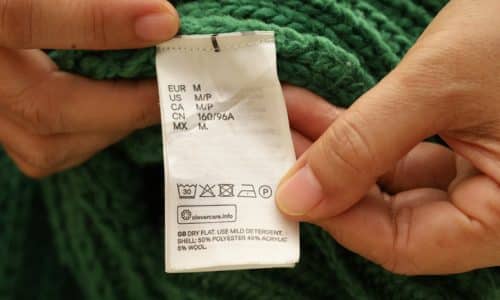Running out of ideas to do with your child while you’re stuck inside? If you don’t already, involve your child with chores! Use a simple reward chart (e.g., help with 3 chores for the week and earn a prize) or incentives to motivate them to participate in chores.
From an OT perspective, chores are a great way to build upon the following areas:-Motor Planning and Executive Functioning-Strength-Fine Motor Skills-Sensory Integration and Self-Regulation
Below are some examples of how chores can help improve various skill areas:
Motor planning, or praxis, is essentially problem solving. It involves coming up with an idea (e.g., I need to sweep the floor), using the body to plan out the action (e.g., physically using the arms and legs to pick up and sweep the broom back and forth), and executing that action (e.g., looking around the floor for dirt/crumbs, then moving to that area, then sweeping back and forth into a dustpan, and repeating that sequence until the area is clean). Being exposed to new and different experiences frequently, as well as general repetition, is essential to strengthening motor planning skills. Chores can be a great way to strengthen these skills, especially because chores are functional to daily life!
Chores can also help build strength and fine motor skills. For example, to take out the garbage, you need to take the garbage bag out of the garbage can, tie the strings in a knot, and carry it outside. Involving your child in chores is an easy and natural way to incorporate strength and fine motor skills into everyday life.
Finally, chores provide a multisensory experience. Think of the smells involved in cleaning, the touch experiences (e.g., soap, water), and how much “heavy work” goes into pushing and pulling cleaning equipment around. Heavy work is calming and organizing, and helps regulate your child so they are better able to participate in everyday activities. Again, chores are an “easy” way to incorporate sensory input for your child, who may need extra sensory input throughout his or her day.Here is a helpful chart that can serve as a guide when introducing a new chore for your child. If the “7 year old” chores are tricky for your child, try chores that require less steps.
Every child is different, so their list should be individualized to their unique abilities!



